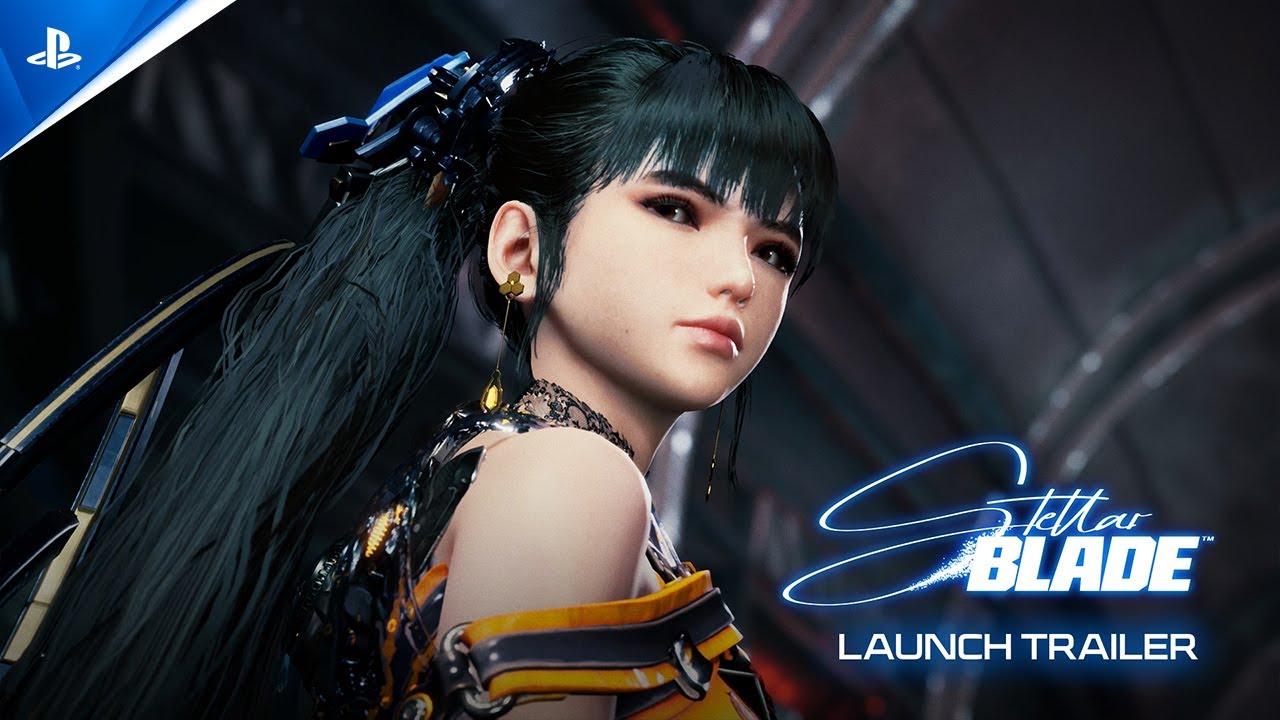After launching on the PlayStation 5 in April 2024, Stellar Blade made its way to PC with high aspirations of replicating its success. Surprisingly, the game developed by South Korea’s Shift Up exceeded expectations, selling over a million copies globally within just three days. This brings the total sales figure to 3 million units, including those sold on the PS5 platform. The game’s performance outshines many Western blockbusters and underscores an undeniable trend: PC is not merely a secondary market but a global launchpad. Particularly when developers know how to reach China effectively. According to SteamScout data, 52% of user reviews posted on Steam for Stellar Blade are in Chinese, while English accounts for 26%, Korean 8.5%, and Japanese and French each less than 1%.
With a peak of 192,078 players connected simultaneously on Steam, Stellar Blade surpasses all typical records for a solo port from PlayStation. This number exceeds the concurrent player counts at launch for titles such as God of War, Horizon Forbidden West, and Spider-Man on the same platform. Shift Up has effectively targeted the right audience through a combination of an exclusive Chinese dub for the PC version, a price point adjusted to the local market (38$ compared to 60$ on console), and marketing tailored specifically for Asia, where consoles remain a niche market. The result is immediate and significant success.
Despite this meteoric success, Shift Up has decided not to capitalize on the game with a large DLC. No new chapters or extensive post-campaign content will be added; instead, the studio prefers to move directly to the next stage: Stellar Blade 2. This sequel promises to delve deeper into narrative elements, with increased ambition for writing, staging, and character development. This choice may surprise some, especially in a sector where any success is typically followed by a Season Pass or an extended roadmap spanning several years. For Shift Up, however, it represents a strategy to maintain momentum. Rather than diluting the impact of the first game, Shift Up aims to swiftly follow up with another strong release.
Have any thoughts?
Share your reaction or leave a quick response — we’d love to hear what you think!
